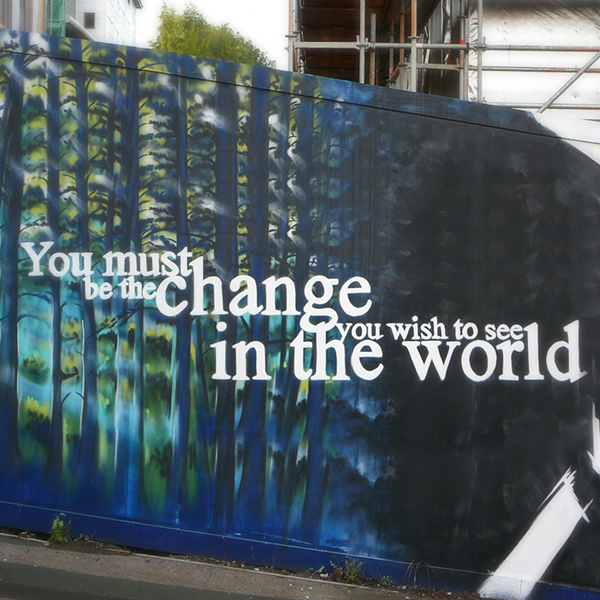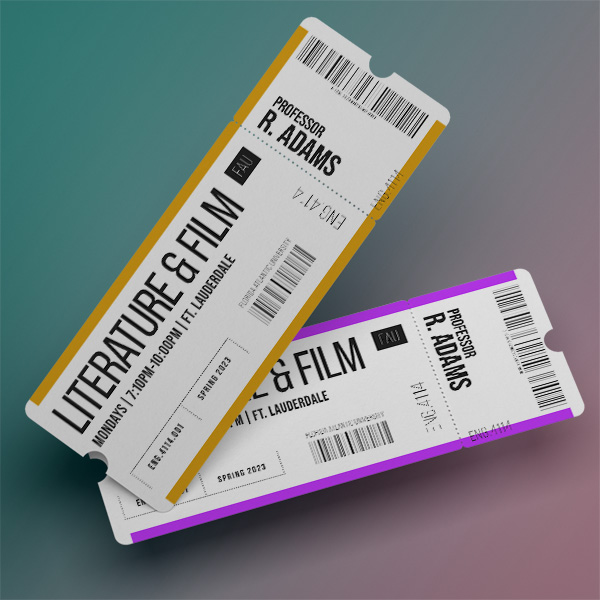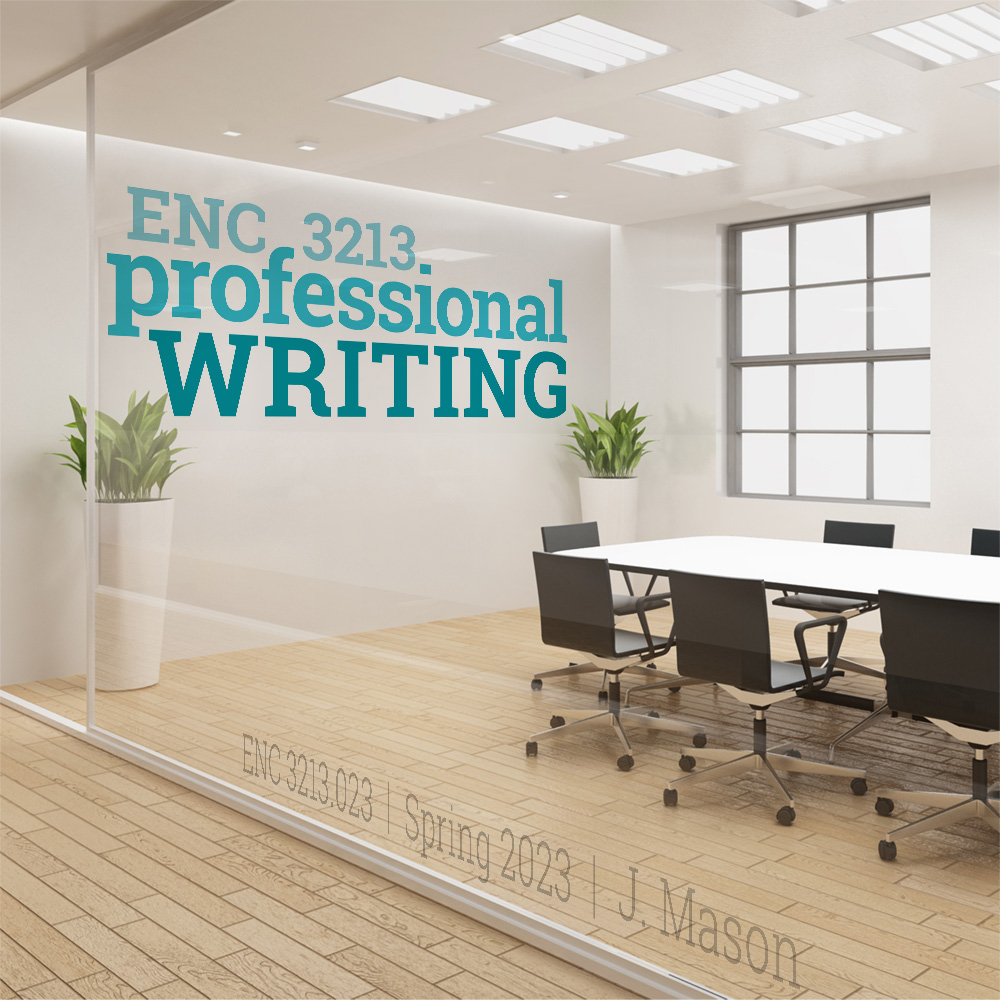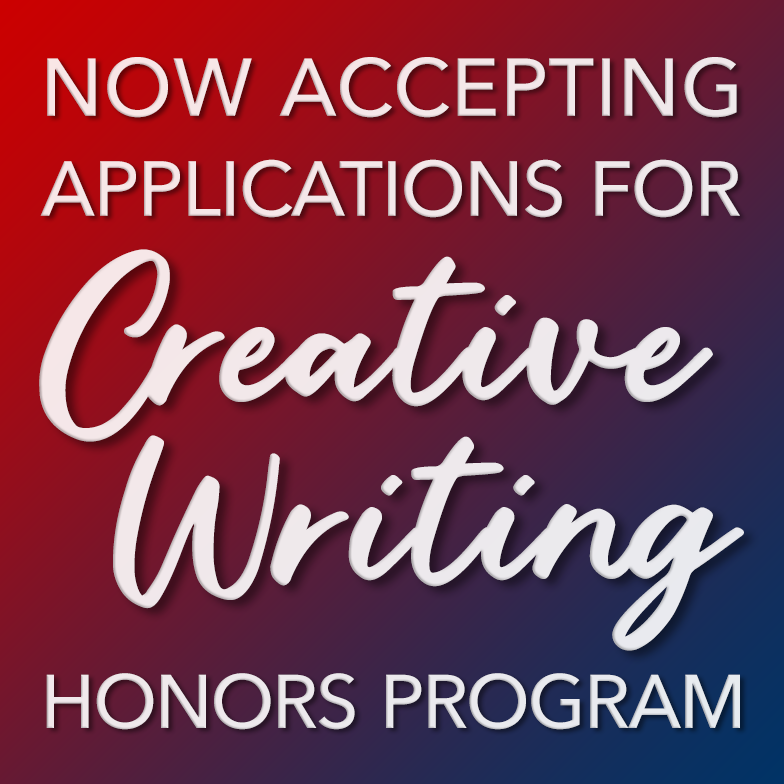
*************

***************


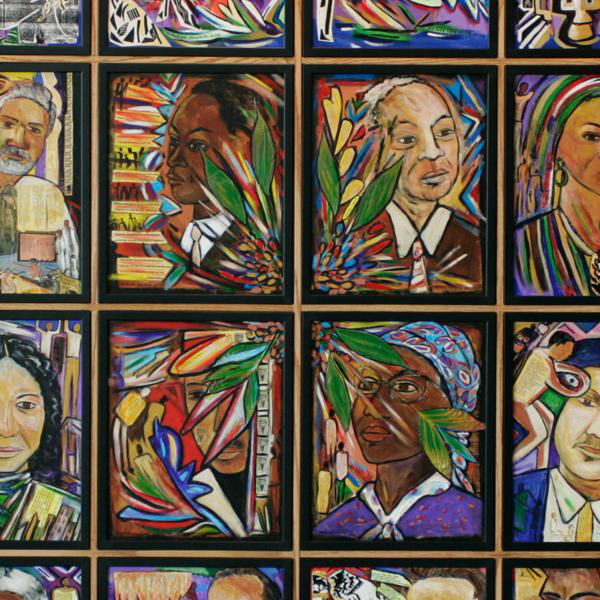
**************************

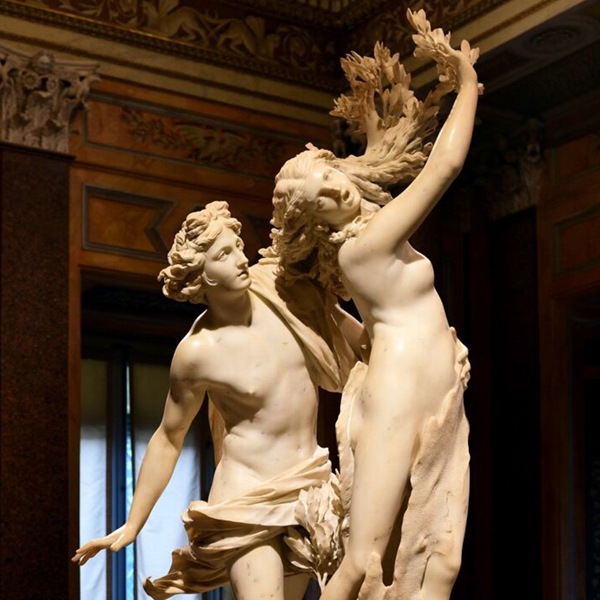
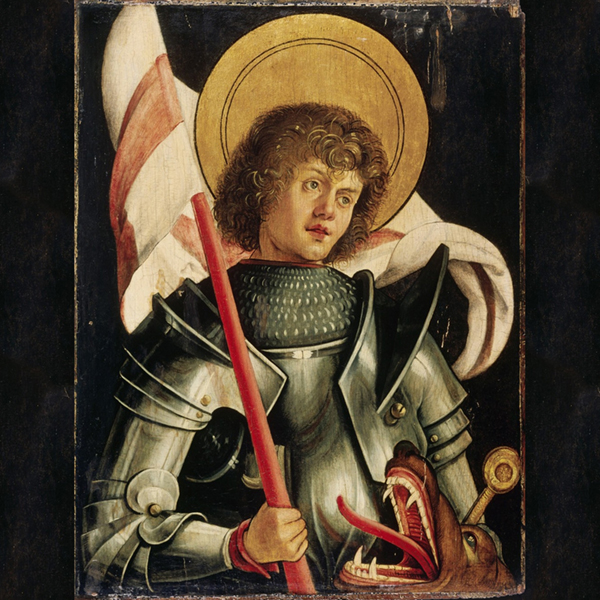
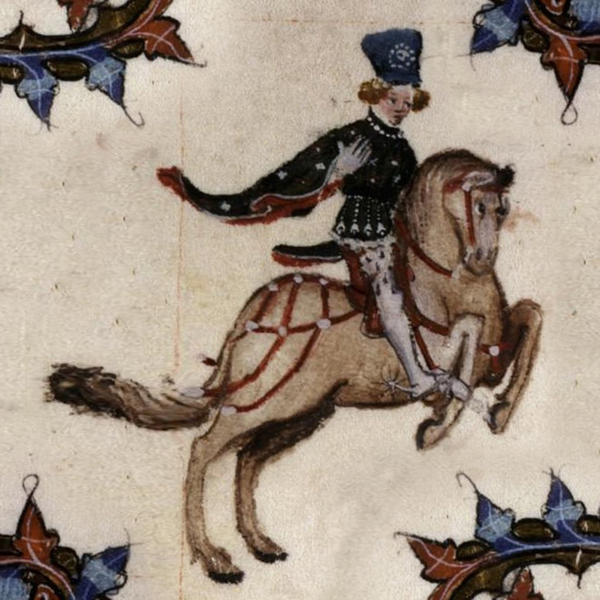
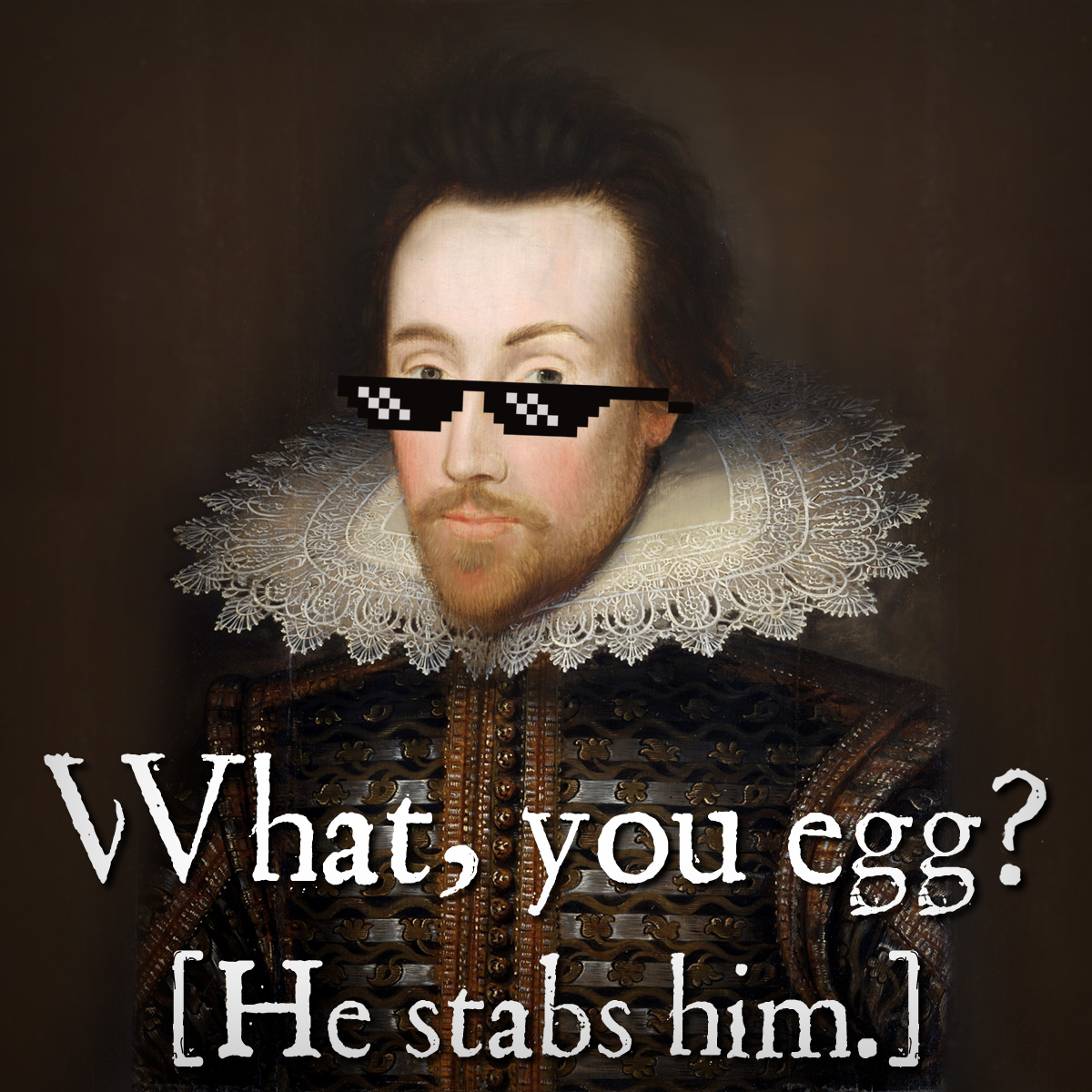
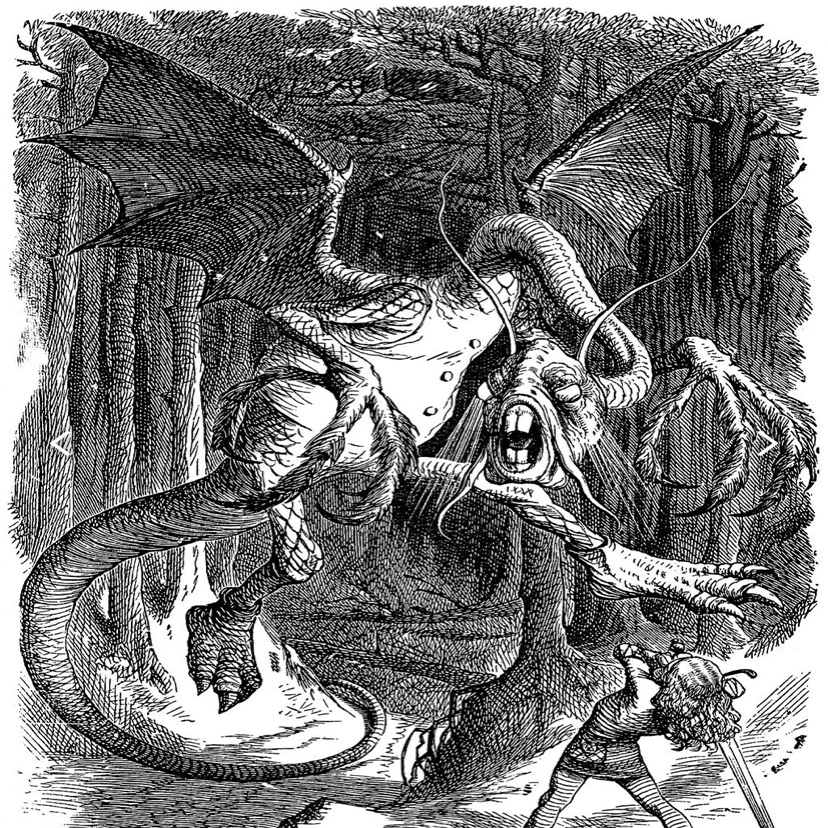
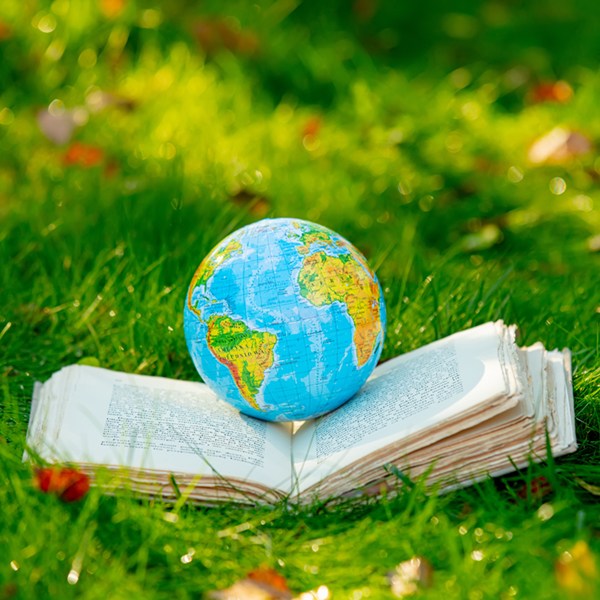
*******************

- Through exercises designed to help you find new approaches to writing prose and poetry.
- By reading and discussing works of fiction, creative nonfiction, and poetry.
- By spending significant time on writing as well as on the revision process.
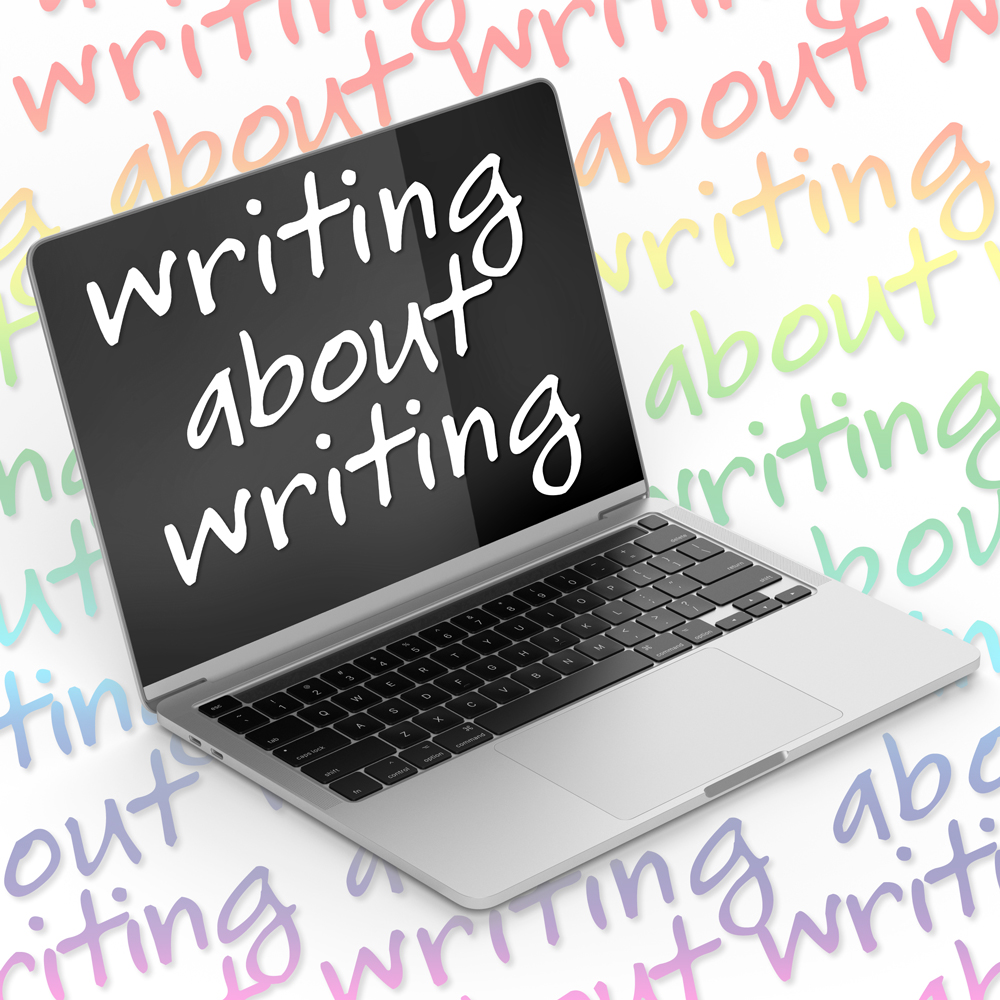
Language is a marker used to define who we are, how we are perceived, and how we act. It is both the medium of expression we use to understand the world and the cage we live in. The rhetoric of race can be used to shape public discourse, policy, beliefs, perceptions, and actions by tapping into our cultural fears or concerns, cultural expectations and values, and social interactions. It can be used to create change and sustain the status quo at the same time. The rhetoric of race shapes all of our lives whether we realize it or not, and it impacts how we deal with each other, as well as what we say and write on a daily basis. This course explores these concerns in the adolescent novel The Hate You Give, the long form journalism Rising Out of Hatred, presidential addresses from a few recent presidents, and academic/historical/memoire How to Be and Anti-Racist. While this class will not try to convince you to think one way or another about race or racism, it will not shy away from difficult questions. It is the kind of course that you will remember and will shape your work for years to come.
